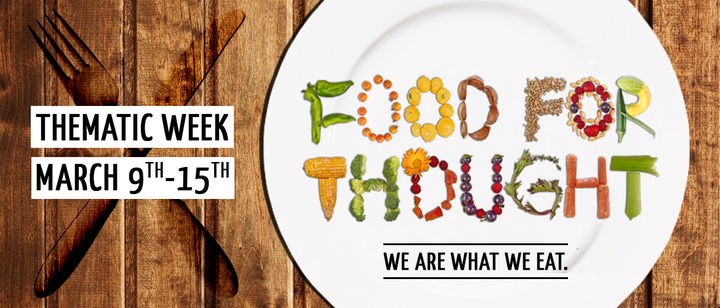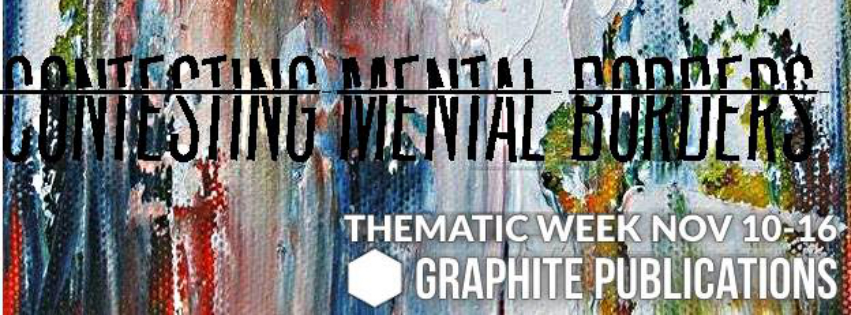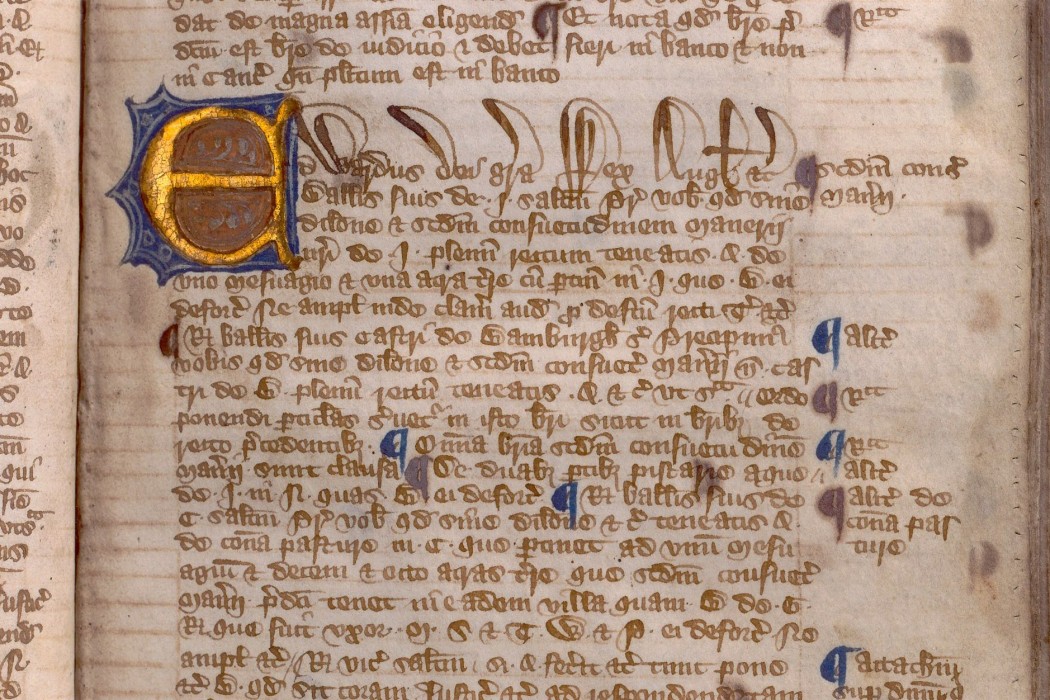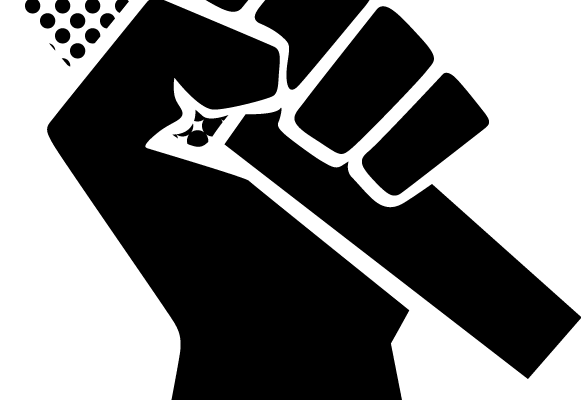I was in the British education system until year nine. That’s the year before you start your GCSE courses, the first round of exams that really matter for your future. Over the course of my education I had taken at least one history course per year. I also took three years of Latin - not necessarily the norm for British students - which covered a certain amount of Roman history although that was somewhat peripheral to the actual task of conjugating various nouns and verbs. The actual history classes started at 1066 and the Norman invasion of the Great Britain, loitered on the Doomsday book, skipped to the Magna Carta (1215), and then spent months on the Tudors, the birth of the Church of England, the ‘age of exploration,’ and the civil war. After we got to the glorious revolution we skipped over to the industrial revolution. During this time we also managed to cover the first and second world wars several times, though of course only the European theatres. By the end of year nine I had done all the mandatory history courses for British students. I had, of course, seen maps of the British Empire (the empire was painted pink) but the closest we really got to learning about the British Empire was the maps, a movie about a handful of British soldiers with rifles holding off an army of impis, and a cliche about perpetual daylight.
Talking to friends that have taken the mandatory Canadian courses I hear of the same problems, though under different guises. Some about Colonial Canada, some British and French history, a few mentions of the people who owned Canada before the Europeans started the general process of planting flags everywhere and pretending it was divinely ordained (which always reminded me of the way dogs pee on things to claim it as their own). Fur trading, the war of 1812 (did you know we burnt Washington?), Confederation, Vimy Ridge, Verdun, Second World War, Cold War, FLQ, NAFTA: these were generally what people remembered, if not all they were taught. Maybe they learned about residential schools, the first nations, the inuit, but those were the vast minority of classes. Generally there was a sense of guilt about those subjects, taught apologetically but detached from the present.
The fact is that for most of the population of the UK and Canada is that by the time they are sixteen they never need to learn any more history, and the history they have learned is often taught as though it is irrelevant. It’s easy to not realize how messed up that is - I didn’t realize until a certain conversation with my Grandmother. Now, just for reference, a large part of my family is from the Caribbean, specifically from islands that won their independence in the 60s, 70s and 80s. The big islands first, then the smaller ones. There are still islands which are not independent: Martinique and Guadeloupe, the Dutch Antilles, Anguilla. Most of the islands are either still export-crop economies as they were during colonial times (when most of the population, and about half of my ancestors were enslaved) or have shifted to mixed export-crop/touristic economies. I hadn’t really learnt about that part of the world (though it had been pink), about how the profits were expropriated. It had seemed - and I am not proud of this - irrelevant. Then my Grandmother talked about being a kid on a small island during the Second World War; the Atlantic trade froze, leaving the populations of the islands trying to feed themselves on the few crops they grew. She talked about weeks where there was nothing to eat but sugar and coconuts.
I started reading more about the history of the Caribbean after that conversation. In that a few of my preconceptions of the world fell away. The poverty that people associate with parts of the Global South, for instance became much more a passing predicament than the intrinsic property that I had been taught. The Caribbean used to be rich and exerted a huge impact on European history, a fact that is not often acknowledged. Canada is a good example of the political forces that sprung from European interests in the Caribbean; having won Martinique and Guadeloupe in war from France, Britain traded them for Canada in a peace treaty. This would make little sense thinking about it through our current lens, however back then sugar was the lifeblood of the Empires and with the growth of sugar grew political forces with vested interest in sugar. Guadeloupe and Martinique each had economies bigger than the entire Canadian economy at the time: a rich stream of slave-tainted glucose streaming back to the Imperial heartlands.
Why, then, did the British trade those islands for Canada? The sugar lobby, of course — they feared that the introduction of the two islands would flood the British market with sugar and eat into their profits. So they lobbied for the British to offload the islands in the peace treaty, an action that lead Voltaire to crow, “The British have traded sugar for snow.” It seems strange to me now that the Canadian history classes I had to take in high school never mentioned this. Maybe it’s just that they don’t think it’s an important fact.
That’s really the crux of it all, our education in history is limited by time and the constraints of a school system that’s trying really hard to find a rubric that will make it easier to compare people. This requires a certain narrowness to what we learn, amounting to brief comments really on each subject. Any system we find to determine what is important enough to mention is arbitrary and is bound to end up replicating the value judgements we make daily in our society. Thus, we forego the story of the slave for the story of the civil war, forego the story of the indigenous person for the story of the fur trader, the story of the South Asian soldiers trapped in Kut for the European and Canadians at Vimy Ridge. We learn of ‘the age of exploration’ noting the disease, conquest, enslavement and murder with apologies that imply that they aren’t still having impacts on people’s lives today. We learn of the industrial revolution without acknowledging where the capital for those factories came from, or the people in South Asia whose fingers were broken to create a market for the textiles.
I was having a conversation with a French friend of mine, who was talking of his admiration for Napoleon - he built the Lycee system, he consolidated the French Nation state - when I mentioned the fact Napoleon reinstated slavery in Haiti he replied, “of course you can bring up Haiti” with an indignant tone as though I had compared something to nazis in an argument. He saw a great moderniser; I saw a colonial murderer. It’s clear which version is taught in French schools. Maybe Napoleon was both, maybe neither, maybe subjected to a long list of previous events that limited his actions, like those people starved by far away conflicts.
What parts of the web of history we teach- the events we promote, those we ignore, the facts we think are pertinent- will never be enough for us to understand what actually happened and why. Still, in this shrinking world we are not doing enough, often subject to the worse biases of the West. The courses we make our citizens learn are ones we have severed from the present as though it has no relevance to today.
As I am writing this article the UK is preparing for the general election. Debates concerning immigration, from the EU, and from further afield have dominated this election cycle. The narrative seems to be of greedy immigrants coming to the UK to reap the rewards produced by ‘hardworking Brits-’ this discussion has been occurring throughout the EU. Meanwhile people are dying trying to traverse the Mediterranean sea, people from countries whose histories are intractably linked to European history and European wealth. Countries that were pink, or whatever colour the other empires chose. Our understanding of this history - or lack thereof - shapes these debates — with the narratives we construct through our historical education, is it any wonder these debates proceed the way they do?
Latest posts by Nathaniel McKenzie (see all)
- Historically Illiterate - April 17, 2015
- The Business of Food - March 10, 2015
- Faith in the Millennium - December 13, 2014






